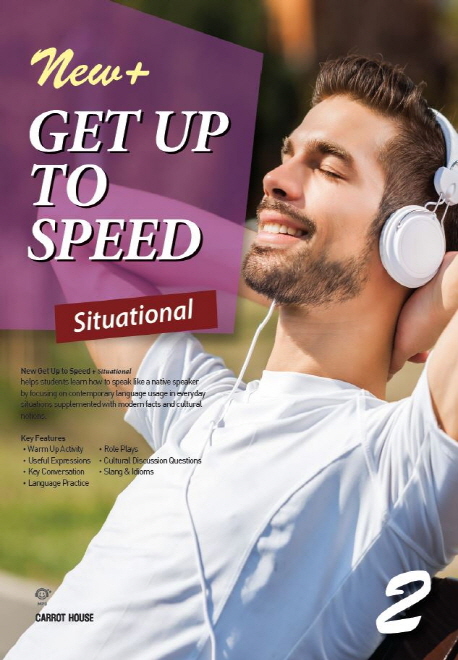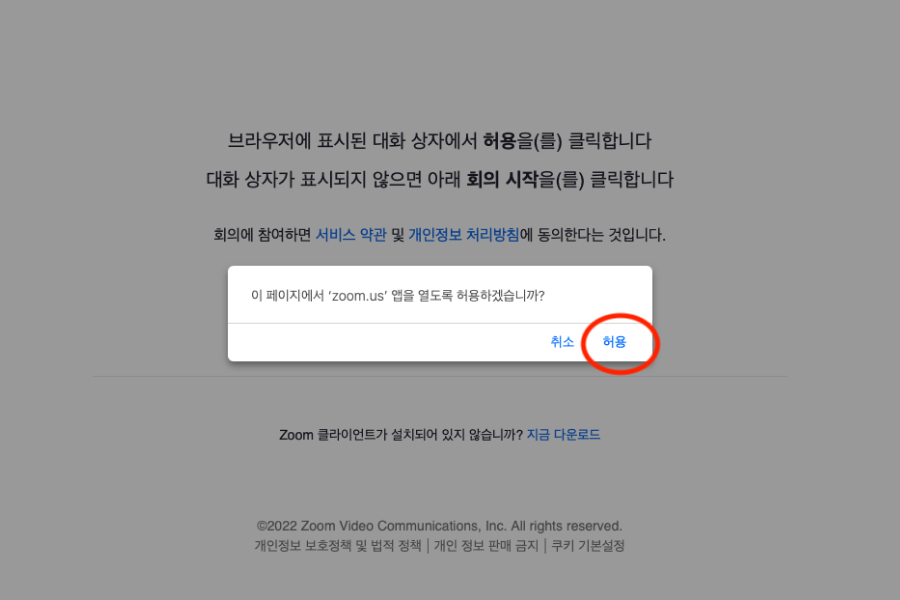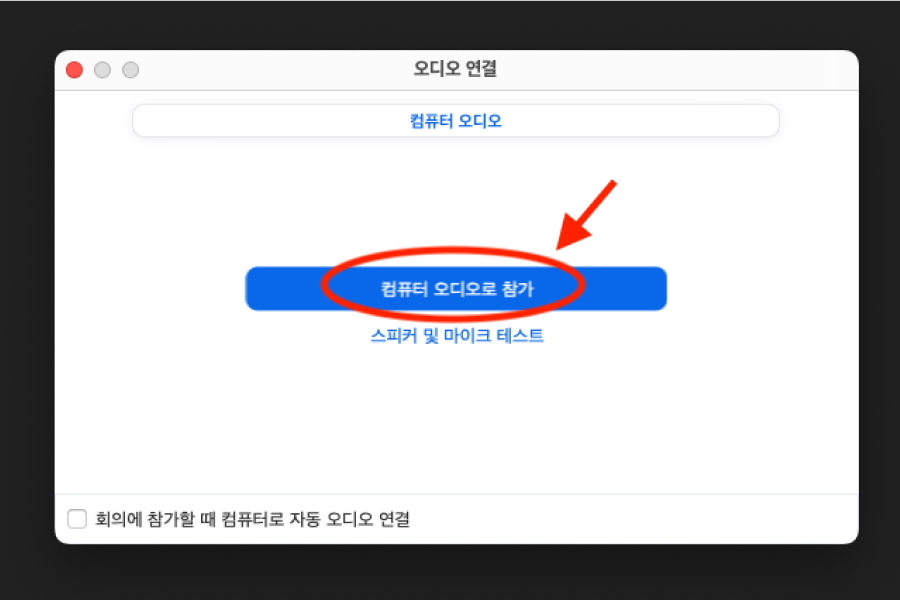Before I got married I was violin player and I 've taught the violin. I've been working at music center again.It was possible after my son growing up. It start there after school. So before go to there I have to prepare a meal for my son and check homework what he has to do. Sometimes I am worried what if he has something wrong. Even though I'm able to earn the money and It likes feel energyed to me, my husband said oterside, the more he go to academy and studying I has to more care for him.
==================================================================================================================================
CORRECTED TEXT:
Before I got married, I was a violin player, and I taught the violin. I’ve been working at a music center again. This was possible after my son grew up. It started there after school. So, before going there, I have to prepare a meal for my son and check his homework. Sometimes, I worry about what if he has something wrong. Even though I’m able to earn money and it feels energizing to me, my husband says the opposite. The more he goes to the academy and studies, the more I have to care for him.
Explanation:
-
"I was violin player" → "I was a violin player"
We need the article "a" before "violin player" because it's referring to one member of a group (a violin player). -
"I 've taught the violin" → "I taught the violin"
The past simple tense "taught" is more appropriate here because it's a completed action in the past. -
"I've been working at music center again" → "I’ve been working at a music center again"
"A" is needed before "music center" to specify the location. -
"It was possible after my son growing up" → "This was possible after my son grew up"
"This" sounds more natural, and "grew up" is the past tense of "grow up." -
"It start there after school" → "It started there after school"
"Start" should be in the past tense, so it's corrected to "started." -
"before go to there" → "before going there"
"Going" is the correct gerund form after "before," and "to there" is redundant; just "there" is enough. -
"check homework what he has to do" → "check his homework"
"Homework" is a general term, so we use "his" instead of "what he has to do." -
"what if he has something wrong" → "if he has something wrong"
"What if" is more of a question structure. In this case, it's better to use "if" to state a condition. -
"Even though I'm able to earn the money and It likes feel energyed to me" → "Even though I’m able to earn money and it feels energizing to me"
"Earn money" is more natural, and "feels energizing" is the correct expression. -
"my husband said oterside" → "my husband says the opposite"
"Said" should be "says" to match the present tense, and "oterside" is incorrect; "the opposite" is the correct term. -
"the more he go to academy and studying I has to more care for him" → "the more he goes to the academy and studies, the more I have to care for him"
"Goes" is needed for subject-verb agreement, "studies" is the correct verb form, and "I have to" is the correct phrase for obligation.








